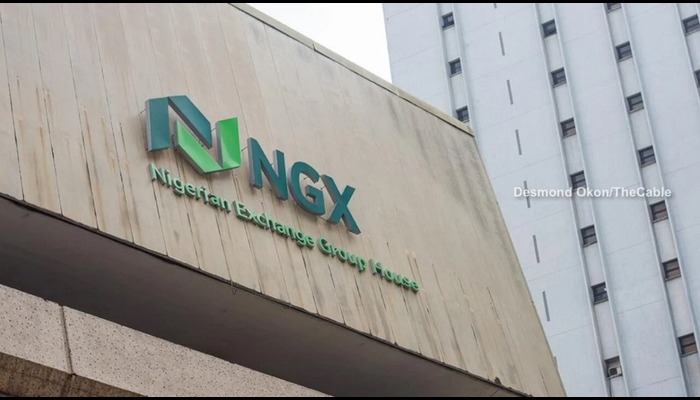In the first seven months of 2025, everyday Nigerians invested over N981 billion into equities listed on the Nigerian Exchange (NGX). This represents a sharp 56 percent year-on-year increase, compared to N630 billion invested during the same period in 2024.
The trend highlights the increasing participation of ordinary citizens in the capital market.
However, withdrawals were higher, as domestic retail investors pulled out about N1.007 trillion, a 57 percent jump from N640.9 billion last year. The scale of both inflows and outflows underscores a significant shift: more Nigerians are actively engaging with the stock market than ever before. For a country where a huge chunk of the population remains unbanked or underbanked, this trend points to a broadening of financial inclusion beyond traditional banking.
Read also: Banks, industrial, oil & gas stocks dip market by 0.41%
A review of the data shows that the bulk of the investment came in July when retail investors put in N235.3 billion; however, they withdrew N281.2 billion, leaving a net outflow of N45.6 billion. In January, investors put in N130.3 billion, N99.1 billion in February, N103.3 billion in March, N98.3 billion in April, N172.3 billion in May, and N142.7 billion in June.
A key driver has been the rise of investment apps that have radically lowered entry barriers, particularly for younger Nigerians. Data from the Central Securities Clearing System (CSCS) reveal that nearly 151,749 new brokerage accounts were opened between January and May 2025 alone. Platforms such as Bamboo, with 48,000 new accounts, and Afrinvest West Africa’s Afrinvestor app, with almost 35,000, are leading the charge in digitizing access to equities.
“There’s almost no professional in the investing space that has not had one or more individuals recently asking for guidance into Nigerian stocks,” said Samuel Oyekanmi, a research associate with Norrenberger, in an interview with BusinessDay TV.
The momentum is also being fuelled by the stellar performance of certain stocks. Beta Glass has surged more than 600 percent, while MTN Nigeria has gained 118 percent in the year-to-date. These rallies have spilled over into social media, sparking vibrant conversations around investable stocks and boosting the visibility of finance-focused personalities who now attract larger followerships.
Yet, beneath the retail boom, domestic institutional investors remain the backbone of the market. Between January and July, institutions accounted for roughly 46 percent of total trading activity, investing N1.475 trillion and withdrawing N1.26 trillion, leaving them with a net inflow of N213 billion. Their participation reflects patient, long-term capital, contrasting with the quicker turnover patterns among retail investors.
Nonetheless, the broader trend is unmistakable: Nigeria’s capital market is becoming more accessible, and ordinary Nigerians are no longer bystanders. Whether through apps, social networks, or brokerage accounts, financial inclusion is expanding in ways that go beyond savings and payments, reaching into the realm of wealth creation and capital market participation.
The challenge, analysts say, is ensuring that this inclusion translates into sustainable wealth-building rather than short-term speculation. With more households now exposed to equities, the stakes for investor education, regulation, and stability have never been higher.









